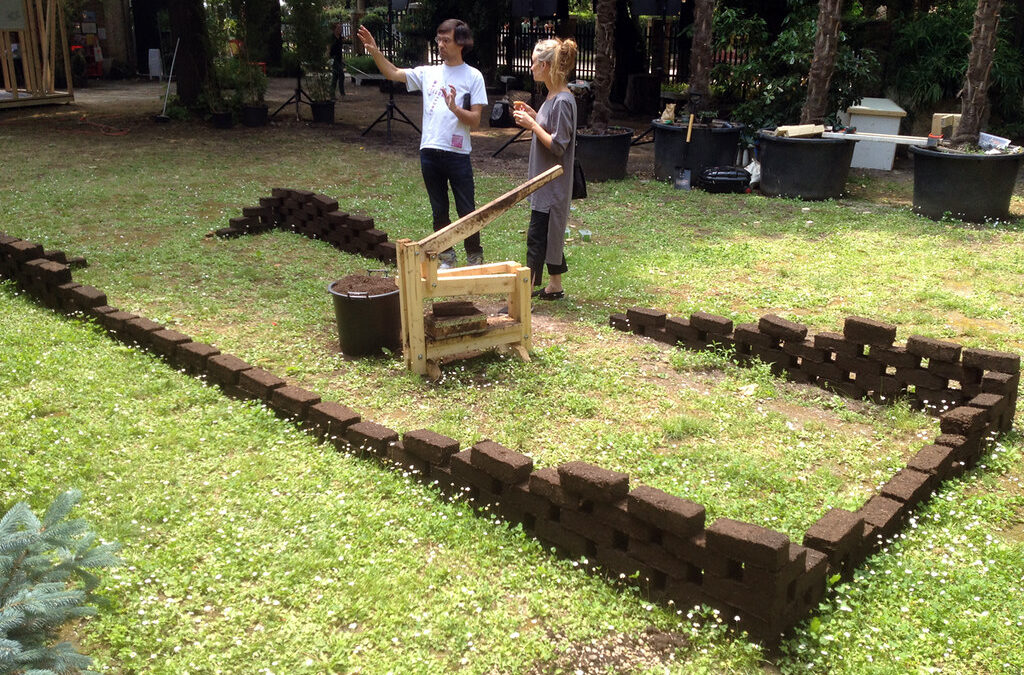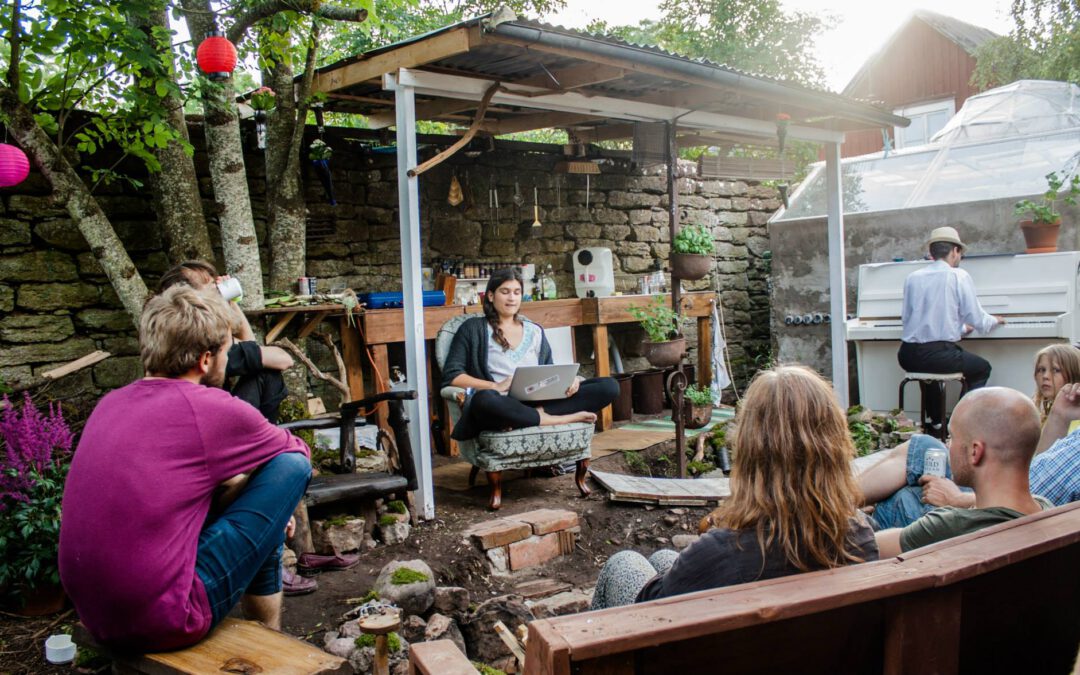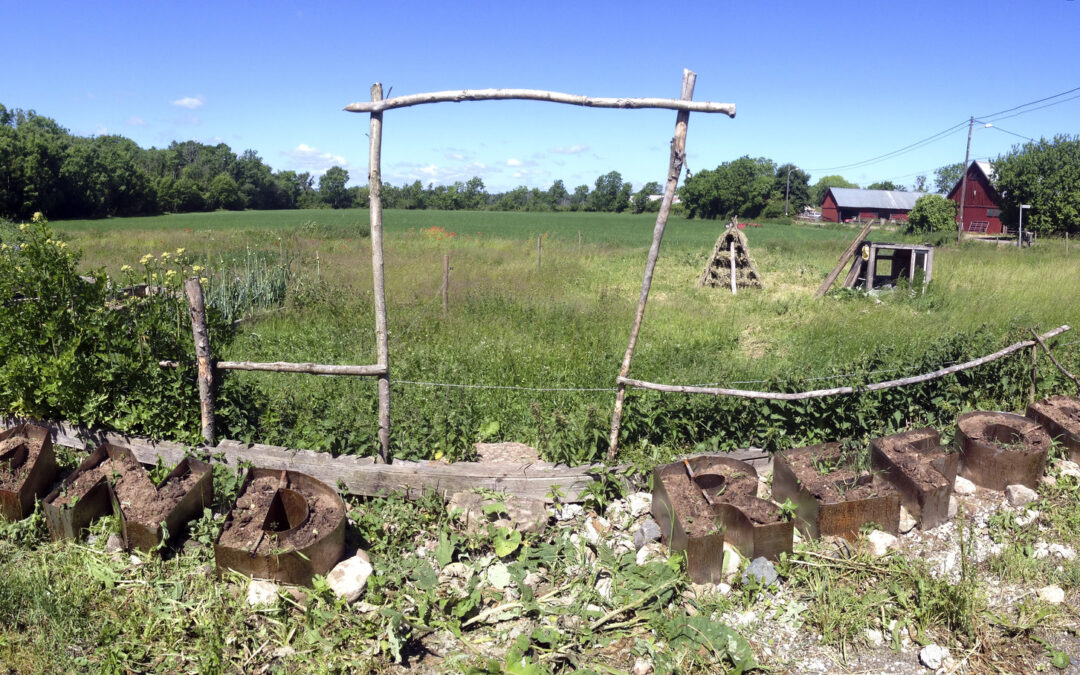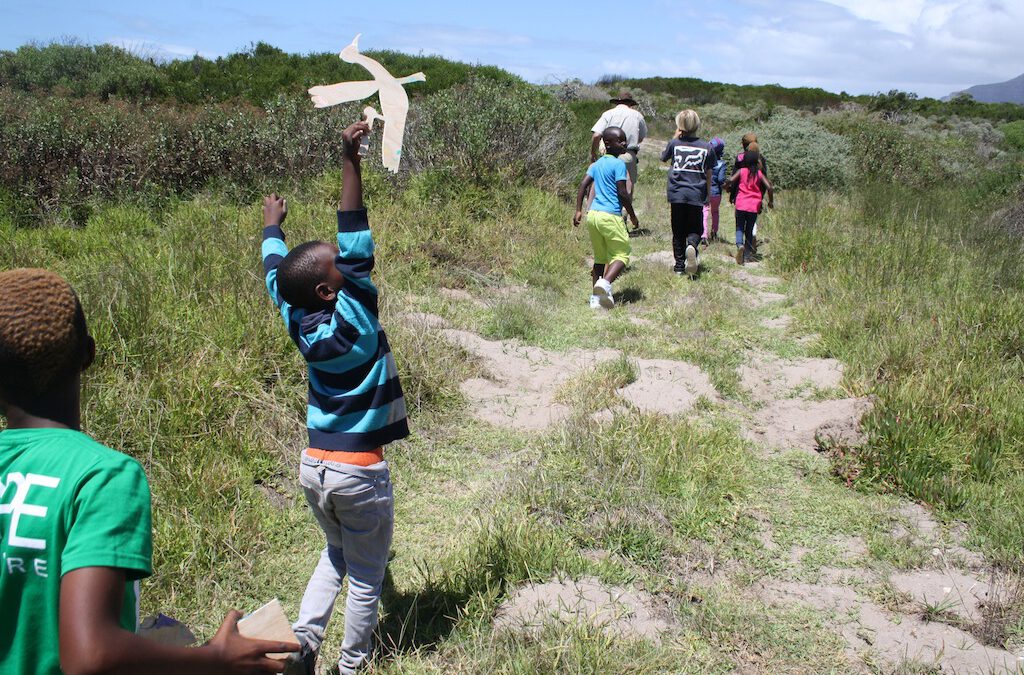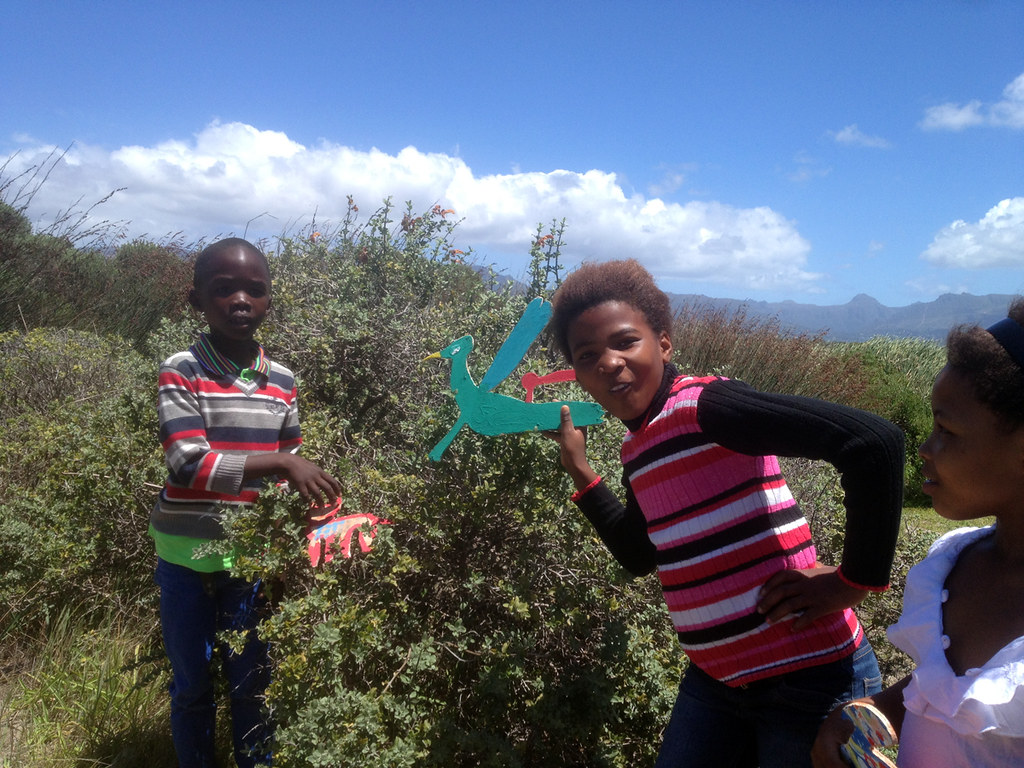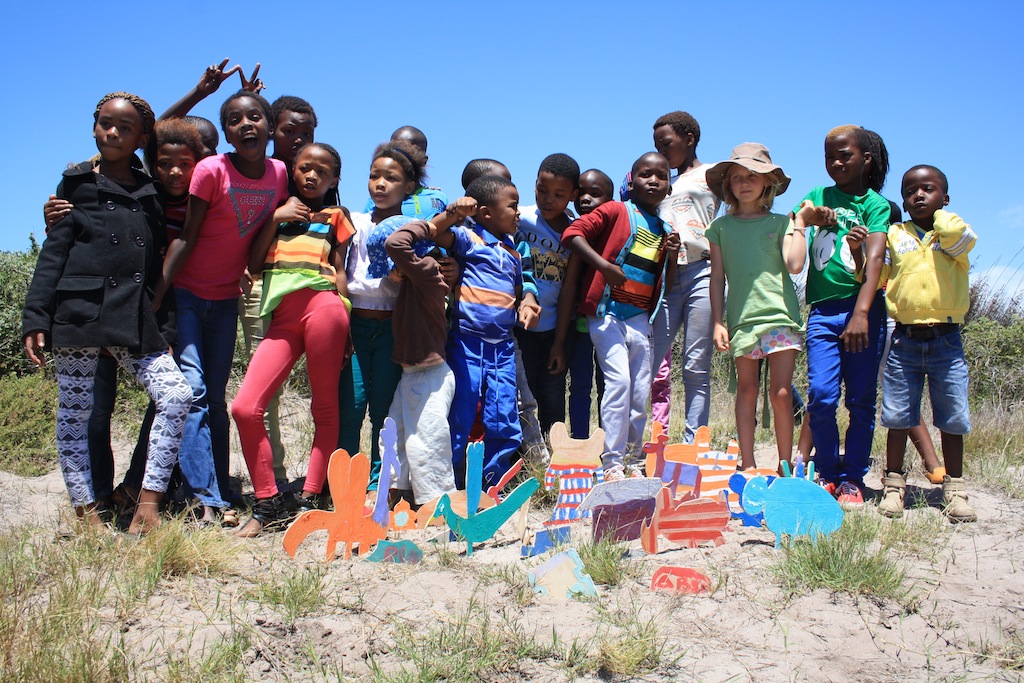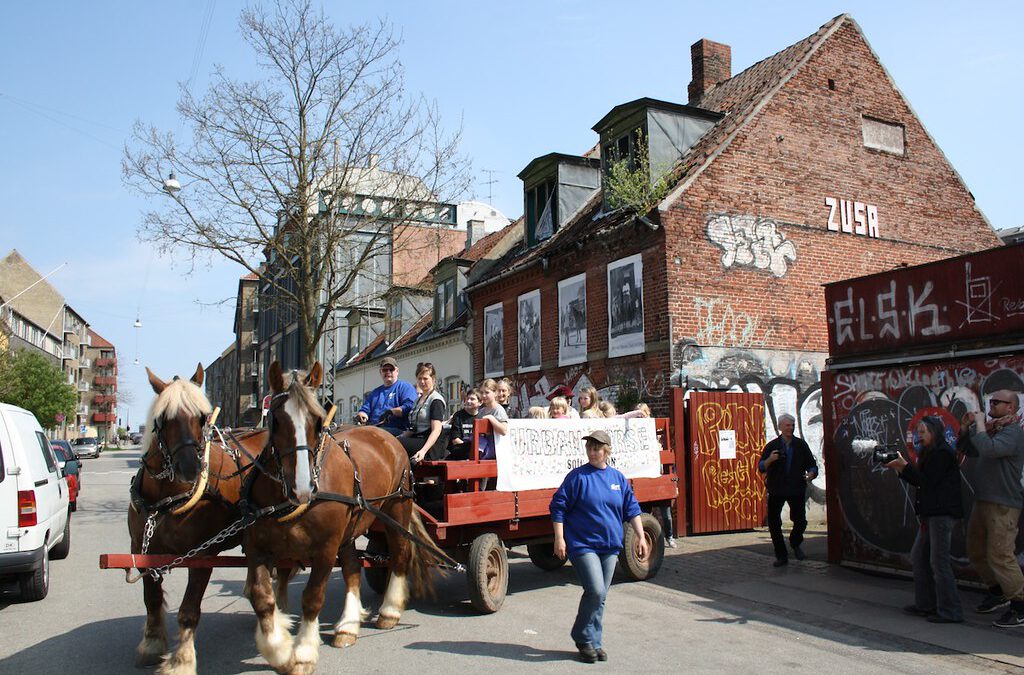
URBAN HORSE SOIL ACTION, Riot Re-framed
URBAN HORSE SOIL ACTION, Riot Re-framed
Kultivator build a warm-compost adjacent to the art institution ANA in Nørrebro,
Copenhagen. The compost was designed as a possible meeting place for people living and working in the
backyard, but also to be a destination for school children from the area who can leave organic waste to it, and
study how a circuit works. Symbolically, the compost becomes an image of seemingly useless scrap from many
households together is broken down and converted into fine soil that gives rise to new life.
To introduce the compost and create awareness around it, Kultivator ran a campaign to collect the first green
waste for the compost with the help of a Police horse.
The origin of the idea came from the old-time collection of waste by horse and buggy, especially in Holland,
where the collector with his horse was a popular social institution wandering from door to door, collecting
potato peeling and other green waste, mainly for animal feed.
In a song by Dutch singer Jaap Put is described how the children rush to the door with a lump of sugar
on hand at the sound of the horse-hoofs clattering onto the street. Today the clatter of hoofs on streets,
especially in areas like Nørrebro, is more likely to mean that the police took their horses out. The associations
connected with the sound are quite different from the ones of the song. Last days abuse of police on horse on
demonstrations in Malmö brings the images close to us.
In the backyard where ANA is located, the remnants of the 1930 -ies horse stables still remain. The area has a
recent history of riots and unrest in the streets. Kultivator wished to introduce contemporary green recycling
by horse and cart on the street for a day, and reclaim the horse as a servant of the people rather than a tool of domination
In Rotundan in Kalmar, we can hear the sound of the walk of the horse in Nørrebro, and contemplate the role of the urban horse today, yesterday, and in the future.
The walk of the horse in the streets took place in April 2014








